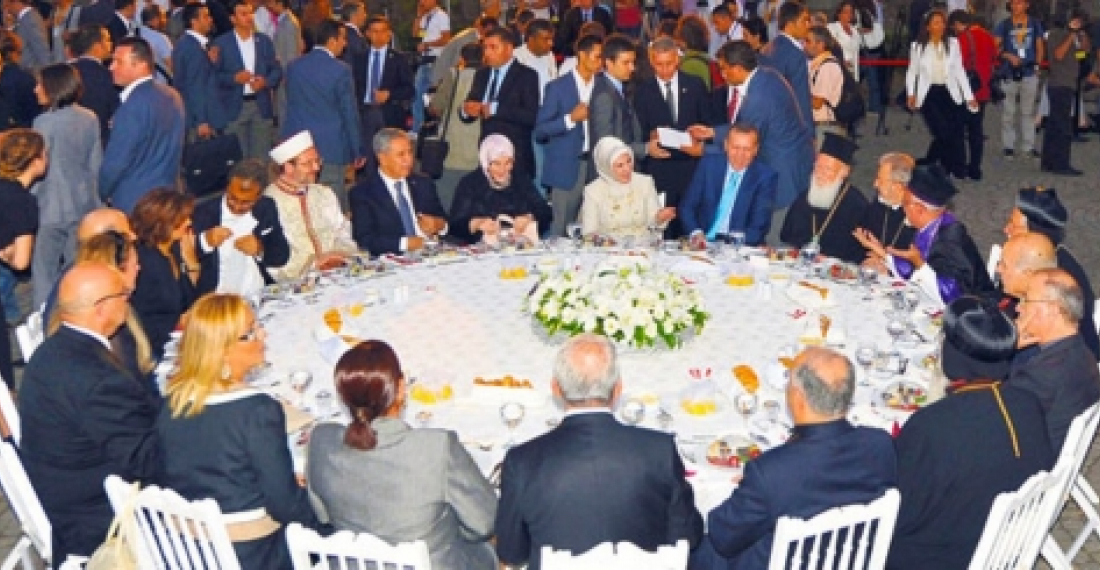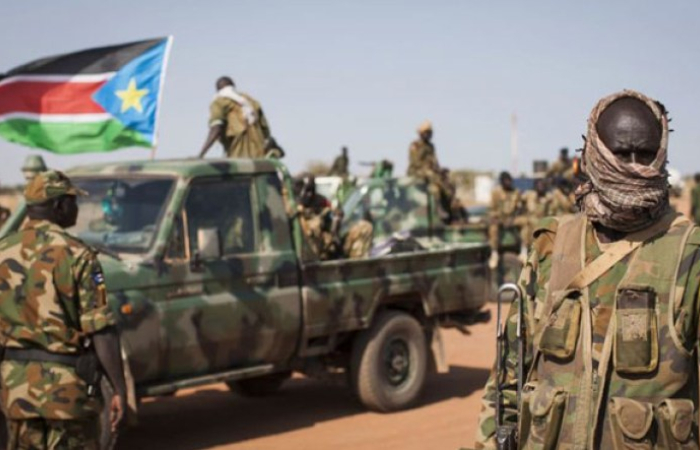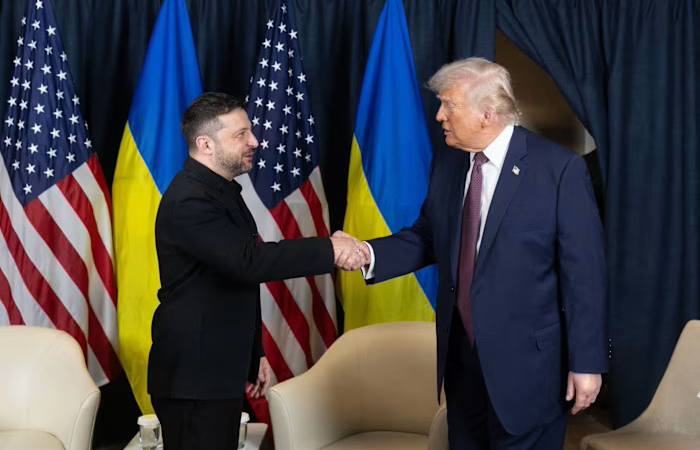Prime Minister Erdogan's attendance at an Iftar banquet hosted by leaders of Turkey's relgious minorities a few days ago (see picture) was an important symbolic gesture aimed at correcting perceptions that the Turkish state is not at ease with its national minorities. It was followed soon after by a government decree that gives back property taken from religious groups several decades ago. These are the latest in a series of small steps that the AK Party government has taken to promote the idea of an inclusive Turkey, comfortable with its diversity. These steps have been widely welcomed.
These small steps must not however be mistaken for a more profound change that still needs to happen in Turkey on these issues. Turkey's biggest minority are the Kurds. They are not a religious minority - they are also Muslims. But they are a different ethnic and language group whose rights have been largely ignored. Some Kurds have taken to violent action to gain their rights. The Turkish government needs to combat this with serious political initiatives of its own that will offer a political way out.
Turkey must also find a way of coming to terms with controversial issues in its recent history, such as the fate of Armenians in the closing period of the Ottoman era.
However, for the Kurds, as for the Armenians, Assyrians and other minorities the biggest guarantee for their future within a secular Turkish state should be increased democracy, respect for the rule of law by all, and a Turkey that is on the forefront in respect for human rights. Important changes have taken place in Turkey over the last five years and most of them have been for the good.
A democratic and multiethnic Turkey at peace with itself will not only be stronger than ever and but also a beacon of hope for its troubled neighbours.
source: Commentary prepared by the political editor of commonspace.eu
photo: Prime Minister Erdogan at an Iftar Banquet in Istanbul on Sunday; picture courtesy of Todays Zaman







